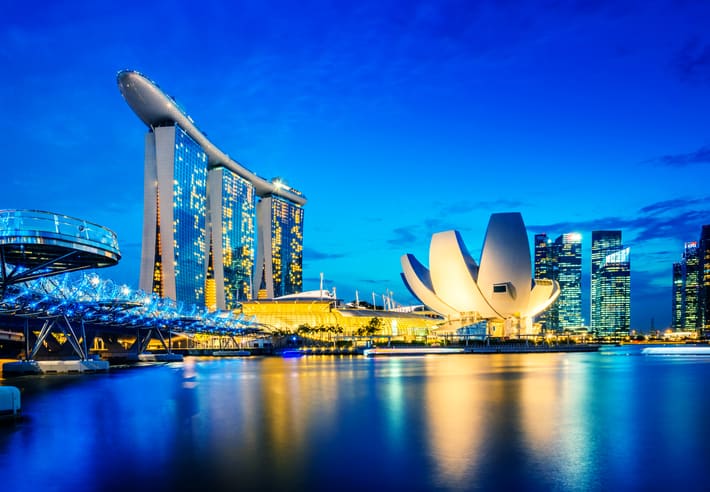While Singapore’s growth will stabilize in the medium term around 2.5%, it will slow to 2% this year as a result of the global trade conflicts, said IMF.
The lender revised the country’s economic growth down from its original prediction of 2.3%, which is also lower than the 3.2% in 2018.
Despite the estimated slowdown, IMF said Singapore’s financial system is resilient and , underpinned by a strong regulatory and supervisory framework.
However, IMF noted that liquidity stress tests indicate vulnerability in US dollar liquidity, advising the country to bolster banks’ foreign exchange liquidity.
Other recommendations of the lender include using fiscal policy as the first line of defence if downside risks materialise as well as eliminating residency-based differentiation for the Additional Buyer’s Stamp Duty and then phasing out the measure once systemic risks disappear
The Monetary Authority of Singapore said it’s reviewing the lender’s recommendations.
IMF directors supported “broadly neutral monetary policy stance” and recommended it remain “data-dependent”
Early this month’s Singapore reported a falling PMI, which dropped for the second straight month after shrinking 0.3 point to 49.6 in June.
This is the lowest since August 2016, according to the Singapore Institute of Purchasing and Materials Management (SIPMM).
It was attributed to first-time contractions in key indicators including new orders, factory output, inventory and employment level.




